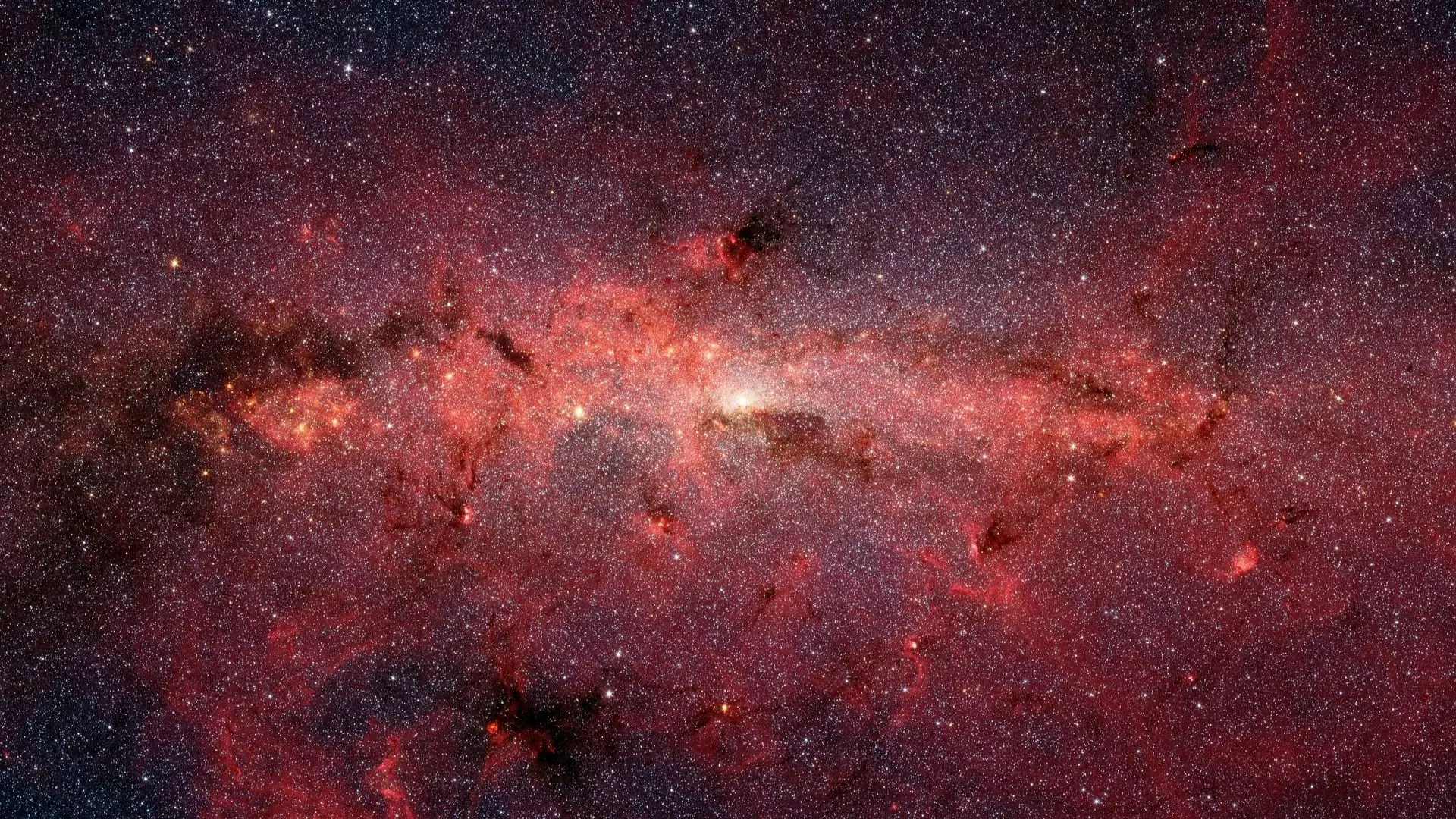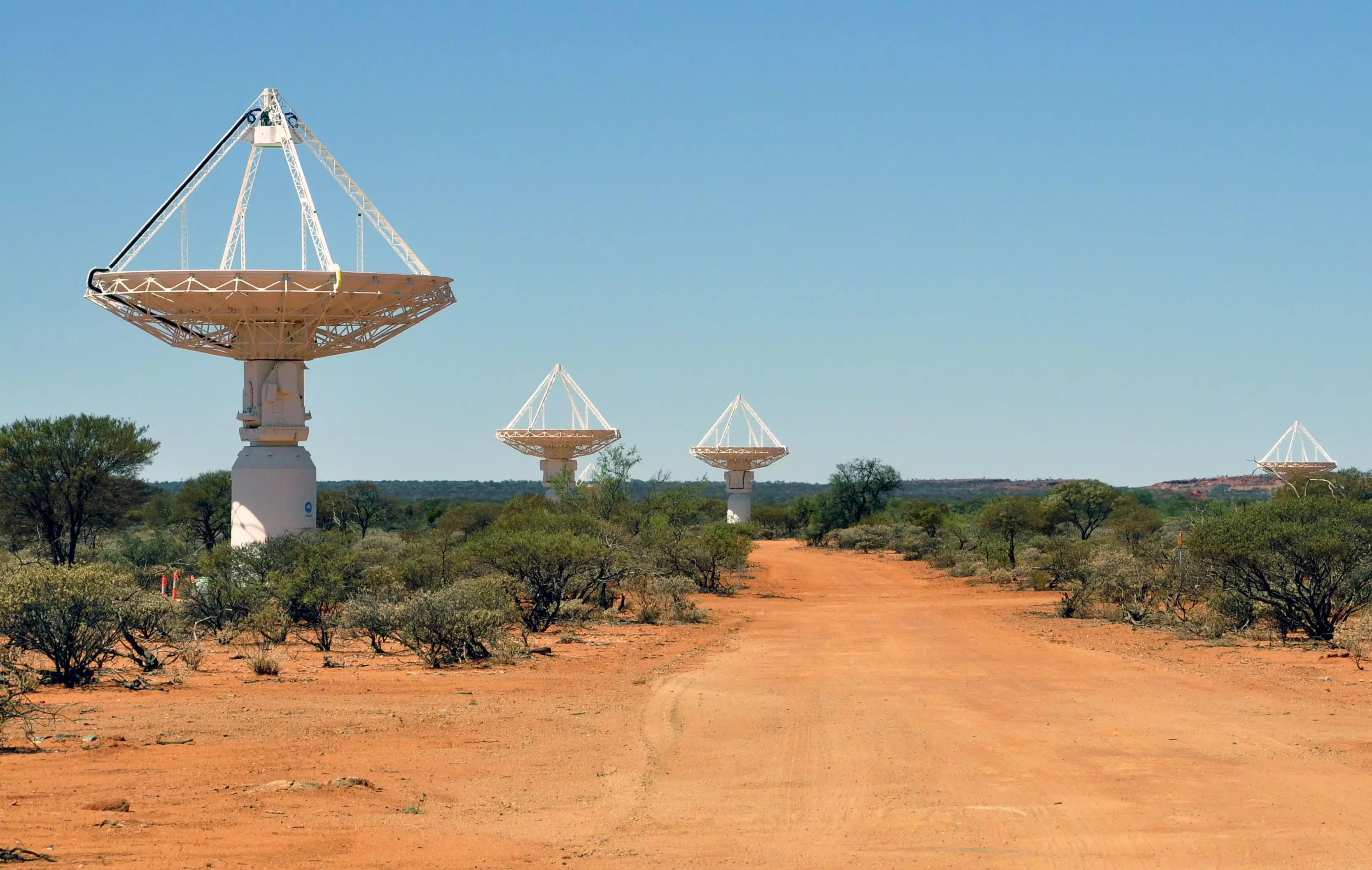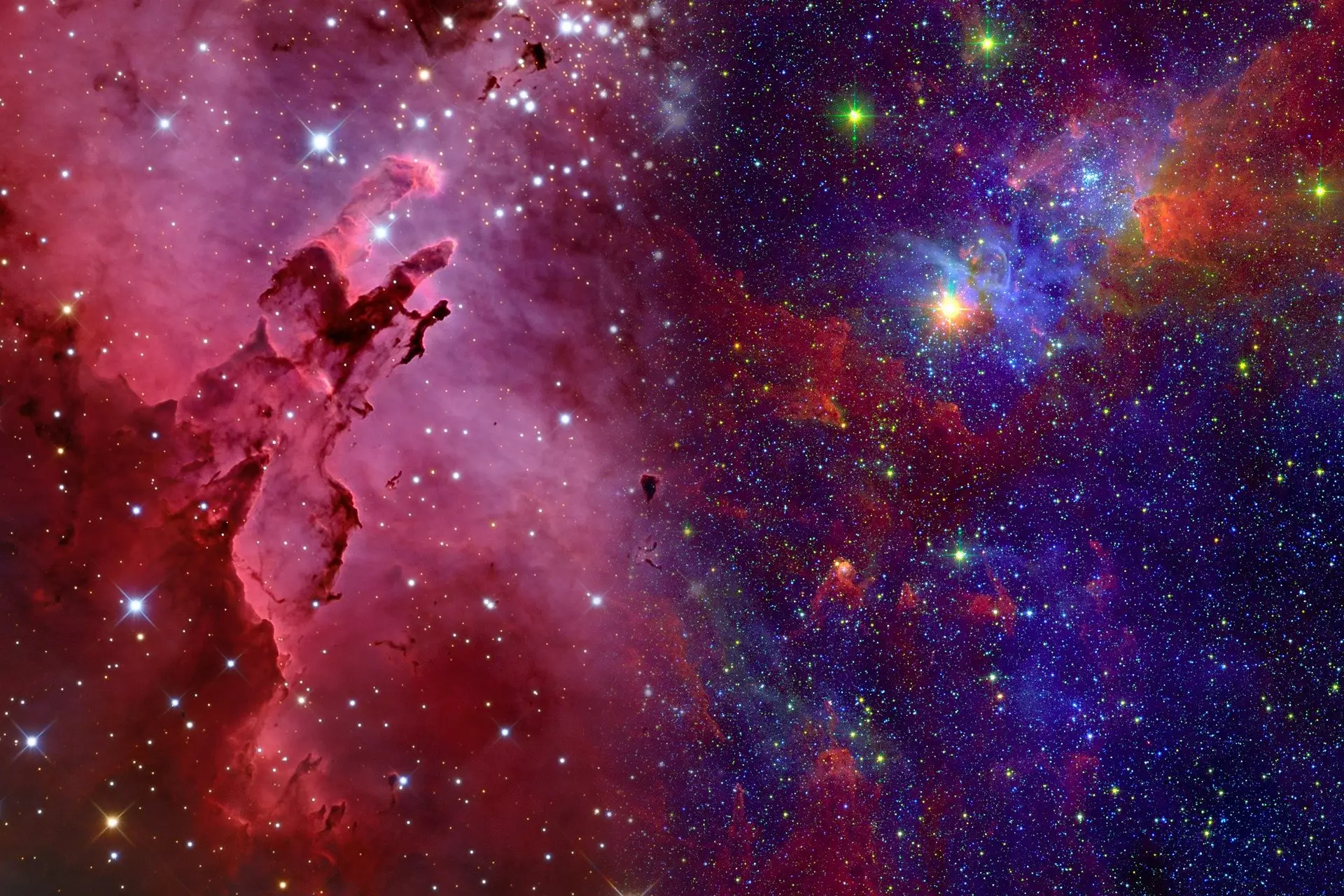
Scientists have discovered no signs of alien life after scouring more than 10 million solar systems in search of technological signs of other civilisations and species.
The research team used a gigantic telescope in the Western Australian outback to scan a mind-boggling amount of space in search of alien technology, but came up empty-handed.
The project, which was dubbed 'looking for ET' saw Perth-based boffins utilising the Murchison Widefield Array radio telescope to look for powerful radio emissions across a range of low frequencies, similar to those that FM radio broadcasts down here on earth.
Their search for a cosmic Chris Evans eventually turned out to bear no fruit, despite the fact that they checked 10 million or so other star systems.

The emissions they were looking for are - obviously - not radio broadcasts, but things called 'technosignatures' that may indicate the presence of life, and even intelligent life with technological innovations comparable to ours, or even more sophisticated.
Let's maybe hang fire on trying to contact alien life forms of superior intelligence, just for this year, eh?
After conducting the 'deepest and broadest search' of a particular part of the sky in the southern constellation Vela, which is known to have 10 millions stars therein, they have been forced to conclude that - if there are aliens out there in this place - they are 'elusive, if they exist'.
One of the scientists, Dr Chenoa Tremblay of the Commonwealth Scientific and Industrial Research Organisation (CSIRO), said: "The MWA is a unique telescope, with an extraordinarily wide field-of-view that allows us to observe millions of stars simultaneously,
"We observed the sky around the constellation of Vela for 17 hours, looking more than 100 times broader and deeper than ever before.
"With this dataset, we found no technosignatures - no sign of intelligent life."

However, this doesn't mean that we're all alone in this universe. Far from it, in fact.
Professor Steven Tingay from the International Centre for Radio Astronomy Research (ICRAR) added: "As Douglas Adams noted in The Hitchhiker's Guide to the Galaxy, 'space is big, really big,'
"Even though this was a really big study, the amount of space we looked at was the equivalent of trying to find something in the Earth's oceans but only searching a volume of water equivalent to a large backyard swimming pool.
"Although there is a long way to go in the search for extra-terrestrial intelligence, telescopes such as the MWA will continue to push the limits - we have to keep looking."
Featured Image Credit: PixabayTopics: Science, World News, Interesting, Technology, Weird